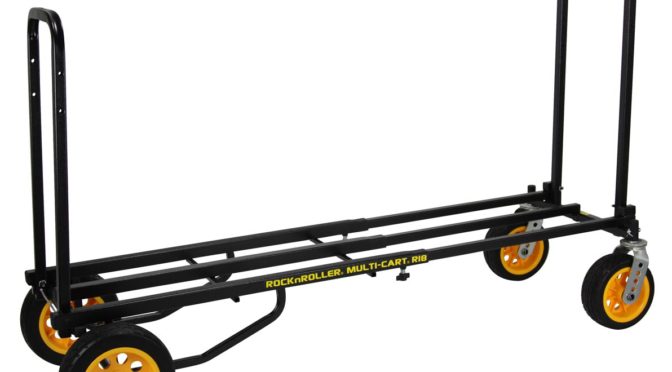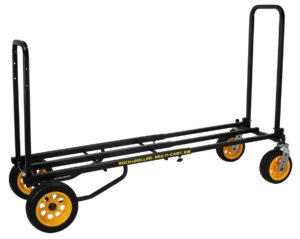
by Christopher Durham, AFM Symphonic Services Division Chief Field Negotiator
The word “gig” has been attached to a new economy whose workers drive for Uber and Lyft, who work from home as call center operators or medical transcribers, and who do errands and chores and provide professional services for people who prefer not to do those tasks themselves. Most of these workers are classified as independent contractors, not employees. Independent contractors are not permitted to organize a labor union or receive no employer-paid benefits such as unemployment, workers compensation, pension, or health care. In addition, they must pay both employer and employee FICA (Social Security and Medicare) contributions (the 7.65% of wages normally paid by the employer in addition to the same amount which is deducted from an employee’s pay, totaling 15.3%).
Freelance symphonic musicians share common ground with “gig economy” workers, from the multiple sources of their income to the variety of work they perform. But that is where the commonality ends. Symphonic freelance musicians have developed their classification as employees for both labor and tax purposes to a far greater extent than the new “gig economy” workers. These advances must not be taken for granted, nor should we allow our employers to draw any comparisons to the “gig economy” to weaken our classification and benefits.
Since the passage of the Wagner Act (National Labor Relations Act) in 1935, both full-time and part-time musicians enjoy the right to organize, form unions, and negotiate collective bargaining agreements (CBAs) covering wages, benefits, and other terms and conditions of employment. As employees, symphonic musicians also receive federally mandated Social Security benefits.
More than two-thirds of our player conference orchestras do not provide full-time employment to their complete roster of musicians. Until 1984, per-service (part time) symphonic musicians (this also included substitute and extra musicians) were treated as independent contractors and not employees. The Social Security Amendment Act of 1983 provided that part-time workers in nonprofit organizations must be treated as employees for tax purposes. Until the passage of this law, weekly salaried musicians were treated as full-time employees and received lawfully required benefits administered by the employer, but per-service musicians were treated as independent contractors and left responsible to pay taxes out of their own pocket. Freelance symphonic musicians reap many benefits attainable only with employee status, including workers’ compensation, unemployment, health insurance, AFM-EPF pension, and Social Security contributions, with multiple employers making contributions on behalf of each individual musician.
Notwithstanding this, there are still symphonic employers who persist in treating musicians as independent contractors. It is to the employers’ advantage to do so because it saves them money and shields them from any responsibility to their workers other than paying a set rate for services rendered. Many employers strive to reduce their labor force and rid themselves of “employees” in favor of independent contractors. One example of this is certain newspaper writers who were once employees but whose jobs were eliminated and their work converted to freelance. They were reclassified as independent contractors and lost bargained benefits.
Gigging for many freelance per-service musicians has evolved from the days of regularly performing and working in their local communities to “driving for dollars” to a now-developing “flying for dollars” model. We work for multiple orchestras to cobble together an annual wage. When local work slows, we seek work outside of our own communities. We may live hundreds of miles from where we gig, which substantially alters our relationships with, and support for, our colleagues and our local unions.
In this context, solidarity becomes challenging. It is more critical than ever to work collectively with our colleagues to maintain the CBA of every orchestra with which we perform, and to organize in support of improved wages and terms and conditions of employment. Even if we only perform a couple of times per year with an orchestra 500 miles away, what happens at that orchestra’s bargaining table sets a precedent with other orchestras and will likely come back to haunt us in our home orchestra if there is a bad result. The best way to support your colleagues and improve wages and benefits is to join the local union wherever you work and band together with your colleagues (usually volunteers) who administer and enforce the CBA.
Symphonic musicians who are not treated as employees should discuss with the Symphonic Services Division how to remedy that. We must preserve our status as employees to maintain all the benefits we receive. However our gigs may evolve, we must recognize that federal laws governing employee rights—especially labor laws—must not be weakened, and we must do whatever we can to assure these benefits for ourselves and future colleagues.



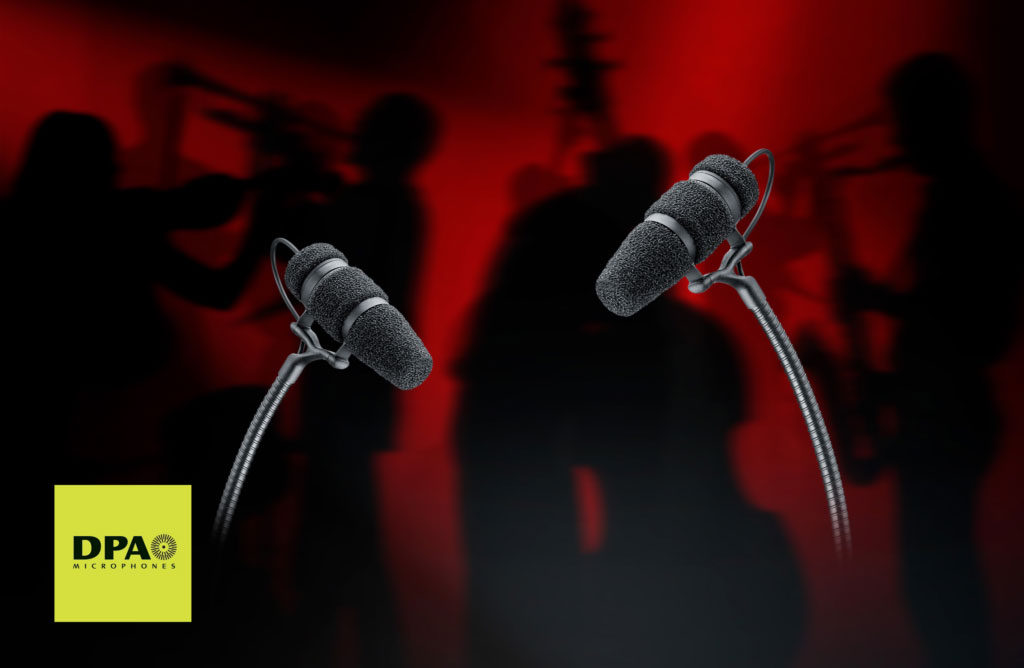




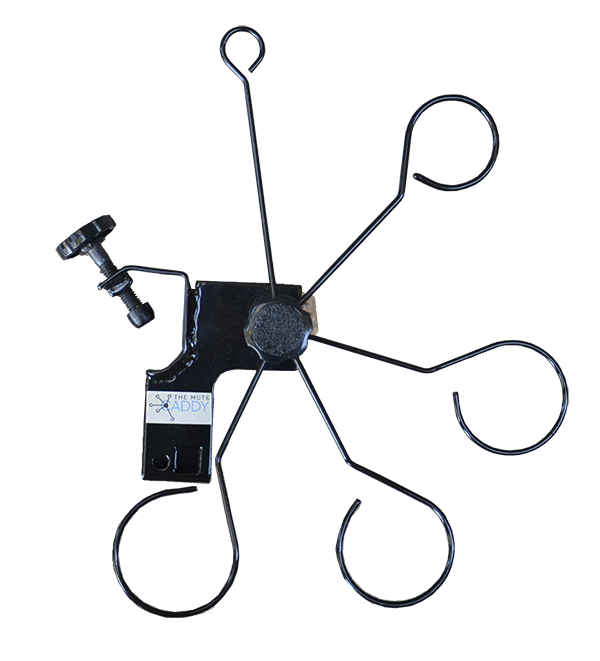

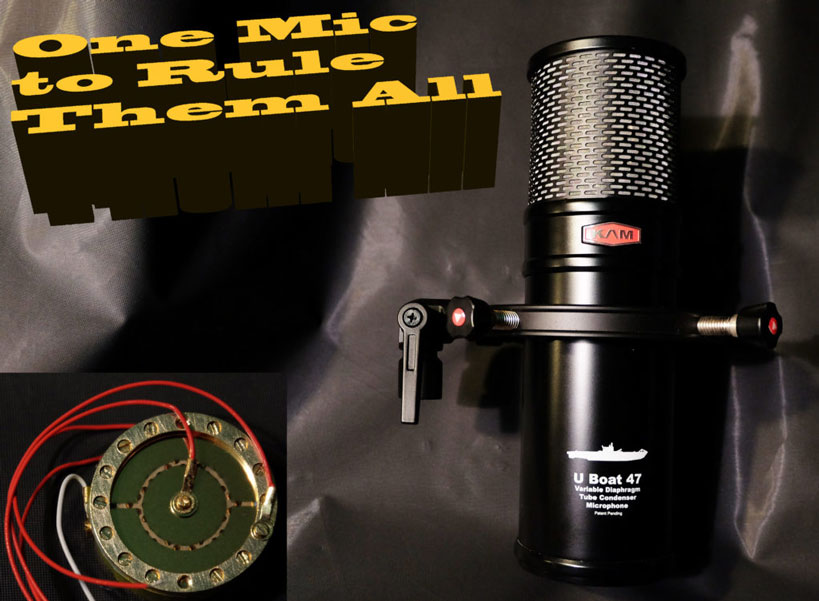




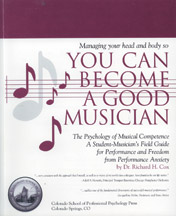 “Feeling nervous before a performance is normal,” says Dr. Richard Cox, a musician, music educator, and psychologist at the Colorado School of Professional Psychology.
“Feeling nervous before a performance is normal,” says Dr. Richard Cox, a musician, music educator, and psychologist at the Colorado School of Professional Psychology.